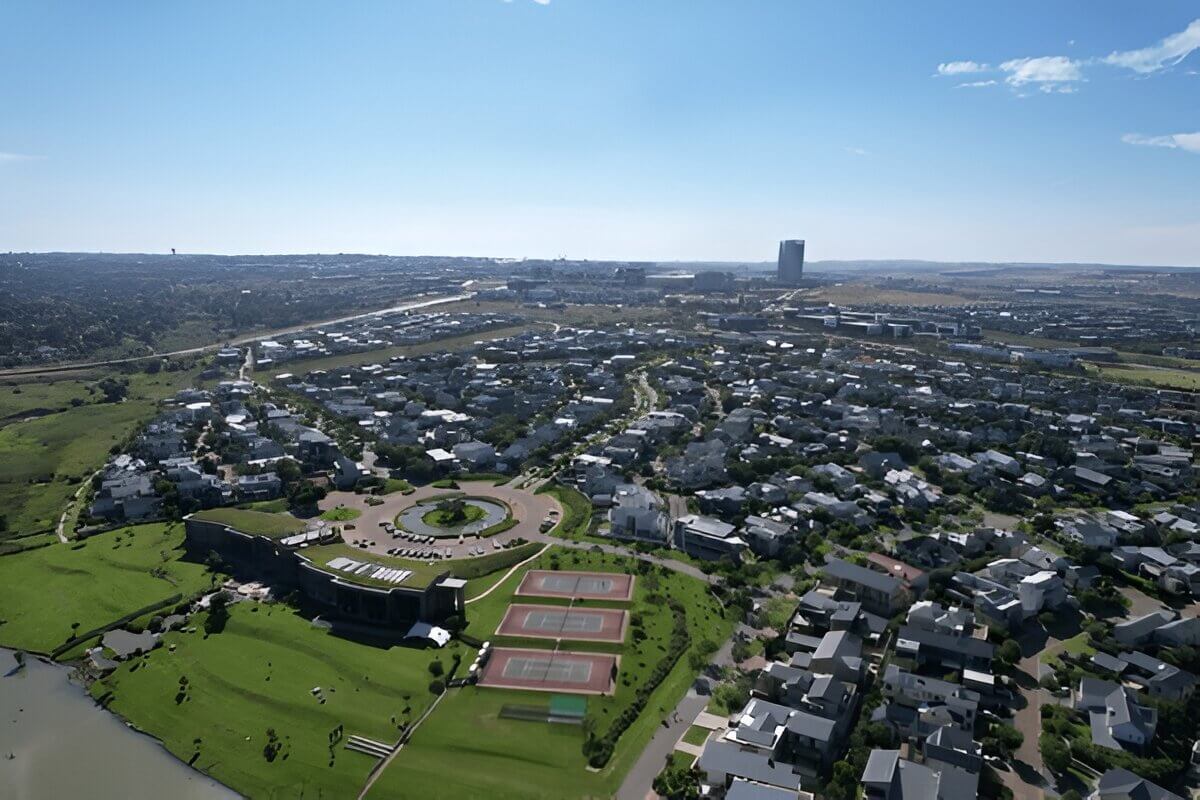Ifako-Ijaiye has become Lagos' most promising mainland growth area, changing from a rural location into a thriving residential and commercial hub. Located along the Lagos-Abeokuta Expressway, this local government area serves as the important gateway between Lagos and Ogun State, offering affordable housing alternatives to the crowded city center.

The Ifako-Ijaiye real estate market provides affordable options for different income levels. In Ijaiye-Ojokoro, a 4-bedroom detached house costs between ₦25 million and ₦75 million, while 3-bedroom apartments range from ₦15 million to ₦45 million.
Ifako offers slightly lower prices with 4-bedroom houses priced between ₦20 million and ₦60 million, and 3-bedroom apartments from ₦12 million to ₦35 million. Gbagada-Awodi area provides the most affordable options with houses ranging from ₦18 million to ₦50 million and apartments from ₦10 million to ₦30 million.
Commercial shops rent for ₦5,000 to ₦20,000 per square meter annually, depending on location and foot traffic. Land prices vary from ₦5 million to ₦25 million per plot, with areas closer to major roads commanding higher prices due to better accessibility.
Ojokoro Housing Estate shows promising investment potential with 15% annual appreciation in property values. The Abule-Egba Commercial Axis offers rental yields of 10-12%, making it attractive for investors focusing on commercial properties. Awodi-Ora provides affordable family homes with steady rental yields of about 6%.
Current trends include the conversion of old factories into modern residential lofts, the development of co-working spaces and tech hubs along the Abeokuta Expressway, and a boom in gated community construction with over 15 new estates built since 2022.












































The Lagos-Abeokuta Expressway serves as the main road through Ifako-Ijaiye, though it experiences heavy traffic during peak hours. The Ijaiye-Ojokoro Road has been recently expanded to improve traffic flow, while Agege-Pen Cinema Road connects the area to Ikeja.
The Lagos-Ibadan Railway with Iju Station reduces travel time to Ebute-Metta to just 18 minutes, making it much easier for residents to commute to Lagos Island for work. BRT corridors connect Abule-Egba to Oshodi in about 35 minutes during peak hours, providing affordable public transportation options.
The Abule-Egba junction creates major traffic bottlenecks during rush hours, causing significant delays for commuters. Limited transportation options within the district create last-mile gaps that residents often navigate using motorcycles and tricycles.

Major shopping destinations include Obawole Market and Abule-Egba Market, which provide residents with access to food items, household goods, and services. These markets serve both daily shopping needs and larger purchases for households.
Popular restaurants include Mr Biggs Abule-Egba for fast food and Kilimanjaro Restaurant for more varied menu options. While dining choices are more limited than in premium areas, these establishments meet basic dining needs for residents.
Recreational facilities include the Ijaiye-Ojokoro Mini Stadium for sports activities, Obawole Recreational Park for family outings, and Iju Hills offering hiking trails for nature lovers. These amenities provide residents with various options for leisure and physical activities.